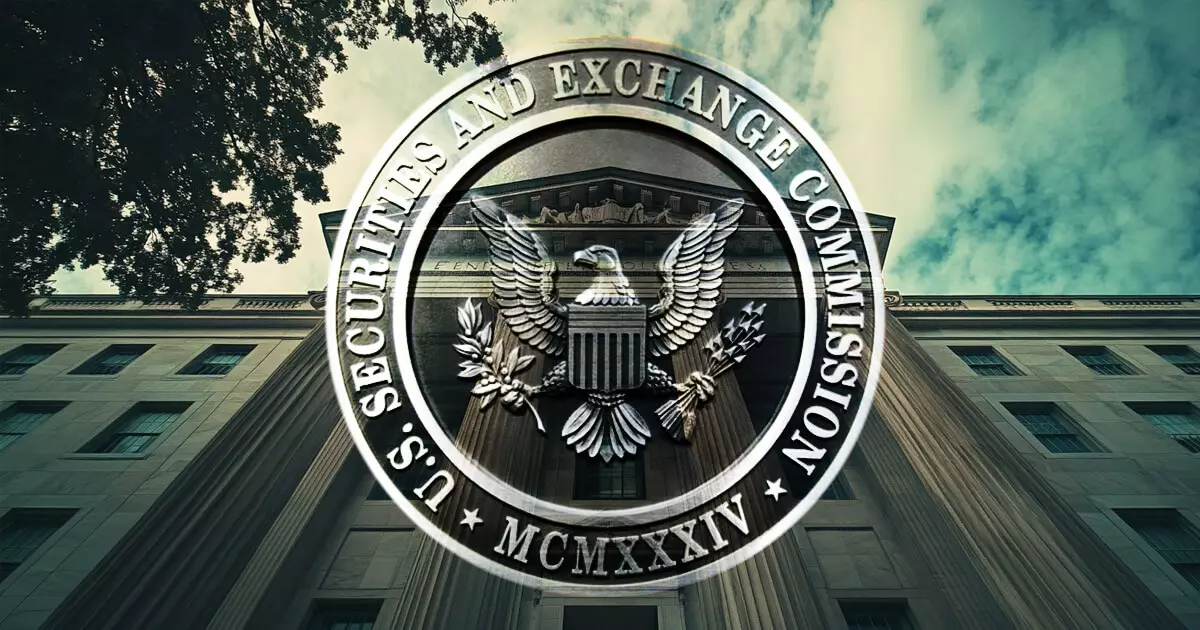The recent settlement between TrustToken and TrueCoin, the developers behind the TrueUSD (TUSD) stablecoin, and the U.S. Securities and Exchange Commission (SEC) has raised significant concerns within the cryptocurrency space. The entities agreed to a settlement involving $700,000 in penalties for allegations of fraudulent activities, particularly regarding the unregistered sales of investment contracts. This settlement serves as a critical moment in capturing the ongoing regulatory scrutiny that the crypto sector is experiencing, placing the behavior of crypto firms under the microscope.
Allegations and the SEC’s Perspective
The SEC’s complaint shines a light on serious allegations leveled against TrustToken and TrueCoin, stipulating that from November 2020 until April 2023, the companies engaged in selling TUSD as investment contracts through their TrueFi lending platform without the necessary registration. According to the SEC, these firms misled investors by claiming that TUSD was fully backed by U.S. dollar reserves when, in reality, a substantial portion was diversified into a speculative offshore investment fund. This misrepresentation is critical as it highlights the lack of transparency that often afflicts some stablecoin projects, making investors vulnerable to unforeseen risks.
By March 2022, the SEC noted that over $500 million of TUSD backing was invested in this speculative vehicle, raising dire red flags regarding the safety of assets tied to the stablecoin. Alarmingly, this figure ballooned to 99% by September 2024, exposing investors to significant risks they were not adequately informed about. Jorge G. Tenreiro, who heads the SEC’s Crypto Assets & Cyber Unit, underscored the importance of regulatory oversight to protect investors, a viewpoint warranted given the rapid expansion of unregulated funds in the cryptocurrency landscape.
In their response to the SEC’s litigation, both TrustToken and TrueCoin opted for a no-admit/no-deny settlement. While they did not accept responsibility, the decision to settle reflects a prudent strategy, allowing them to avoid the intense scrutiny and prolonged distraction of a legal battle. Their joint statement emphasized the desire to focus on future business prospects rather than engaging in a costly legal fight that could detract from operational efficiency.
The settlement involves civil penalties of $163,766 from each company, along with additional disgorgement and prejudgment interest fees, totaling over $340,000 for TrueCoin alone. Importantly, the agreement includes injunctions preventing both companies from repeating their infractions, signaling the SEC’s intention to maintain a strict grip on compliance within the crypto market.
This settlement is a pivotal example amid the growing wave of regulatory actions against cryptocurrency firms, highlighting the possible long-term implications of mismanagement and lack of transparency within the sector. The SEC has observed a notable uptick in enforcement actions, raking in $4.68 billion in fines from the industry in 2024 alone. This rising trend in enforcement indicates a determined regulatory landscape, aiming to compel crypto entities to comply with federal laws.
The financial markets reacted to the news of the settlement as TrueUSD experienced a brief de-peg, reflecting investor uncertainty in response to the allegations. However, despite momentary fluctuations, TUSD’s market capitalization remains relatively stable, indicating a nuanced trust amongst investors despite the oversight concerns.
Moving forward, TrustToken’s and TrueCoin’s settlement with the SEC emphasizes a critical juncture in the cryptocurrency industry’s maturation. As firms seek to navigate an increasingly complex regulatory environment, transparency and compliance must become fundamental to their operations. For investors, this case serves as a reminder of the inherent risks associated with cryptocurrency investments and highlights the necessity of rigorous due diligence. As the landscape evolves, the stakes are high, and the imperative for clearer regulations to protect all parties involved has never been more pressing. The industry must heed these lessons to foster a more secure and trustworthy environment for crypto stakeholders.

